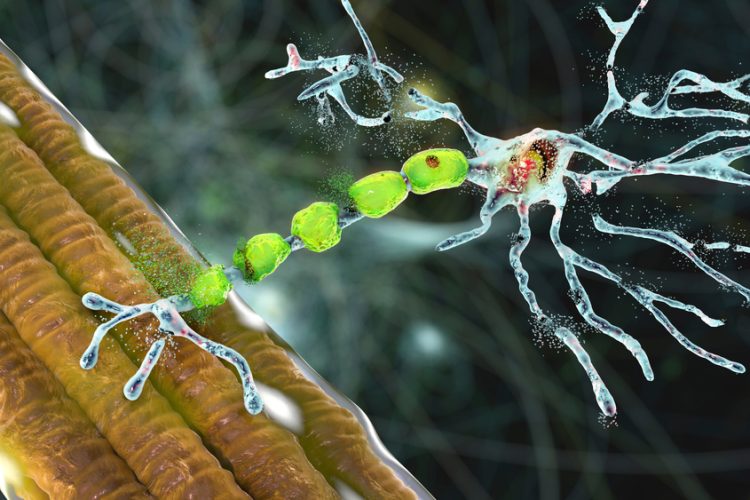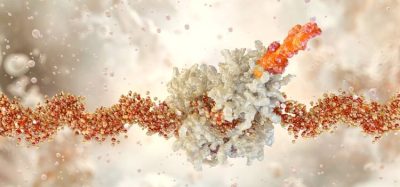$38 million will fund rare disease research over four-year period
Research for rare diseases including ALS will be supported over the next four years by $38 million in FDA funding.
The US Food and Drug Administration (FDA) has awarded a total of $38 million in the form of 19 new grants and two new contracts, to facilitate the upcoming four years of clinical trials and regulatory tools for rare diseases.
Sandra Retzky, Director of the FDA’s Office of Orphan Products Development (OOPD) explained: “The contracts aim to help inform regulatory decision making and promote diversity, equity and inclusion in clinical research.”
More than $25 million will aid 11 clinical trials to develop treatments for rare diseases. Seven awards fund studies for rare cancers which affect the brain and peripheral nerves.
The FDA’s Orphan Products Grants Program aims to accelerate the creation of therapies that treat rare diseases. FDA Commissioner Dr Robert M. Califf stated, “The Orphan Products Grants Program…has facilitated the approval of more than 80 rare disease products.”
Several awards support the Accelerating Access to Critical Therapies for Amyotrophic Lateral Sclerosis Act (ACT for ALS), which recently launched the FDA Rare Neurodegenerative Disease Grant Program. This initiative was set up to progress the development of medicines for rare neurodegenerative diseases such as ALS.
ACT for ALS ensures the FDA provides grants and contracts to organisations to help cover research costs. Additionally, the act will enable production of more therapies that prevent, diagnose, treat or cure diseases in adults and children. The ALS study, partially funded by the National Institutes of Health (NIH) could inform drug development and potentially guide future regulatory decisions for the treatment of ALS.
The FDA’s Action Plan for Rare Neurodegenerative Diseases, a five-year plan to further development and access of safe and effective new treatments, was announced earlier this year. The scheme was developed in accordance with the ACT for ALS Act.
Other studies awarded by the FDA will research rare diseases like Myotonic Dystrophy Type 1 and Ataxia-Telangiectasia.
The FDA also funded two contracts related to rare neurodegenerative diseases. These will:
- Study whether a physical assessment of ALS patients, typically done in a healthcare setting, can be done remotely at home to minimise the burden on patients and ultimately enable decentralised trials
- Complete a landscape analysis of patient preference information (PPI) studies focused on brain-computer interface (BCI) devices., which give patients the ability to interact with their families and healthcare professionals.
Related topics
Anti-Cancer Therapeutics, Biopharmaceuticals, business news, Clinical Development, Clinical Trials, Drug Development, Gene therapy, Industry Insight, Orphan Drugs, Pipelines, Production, Research & Development (R&D)










